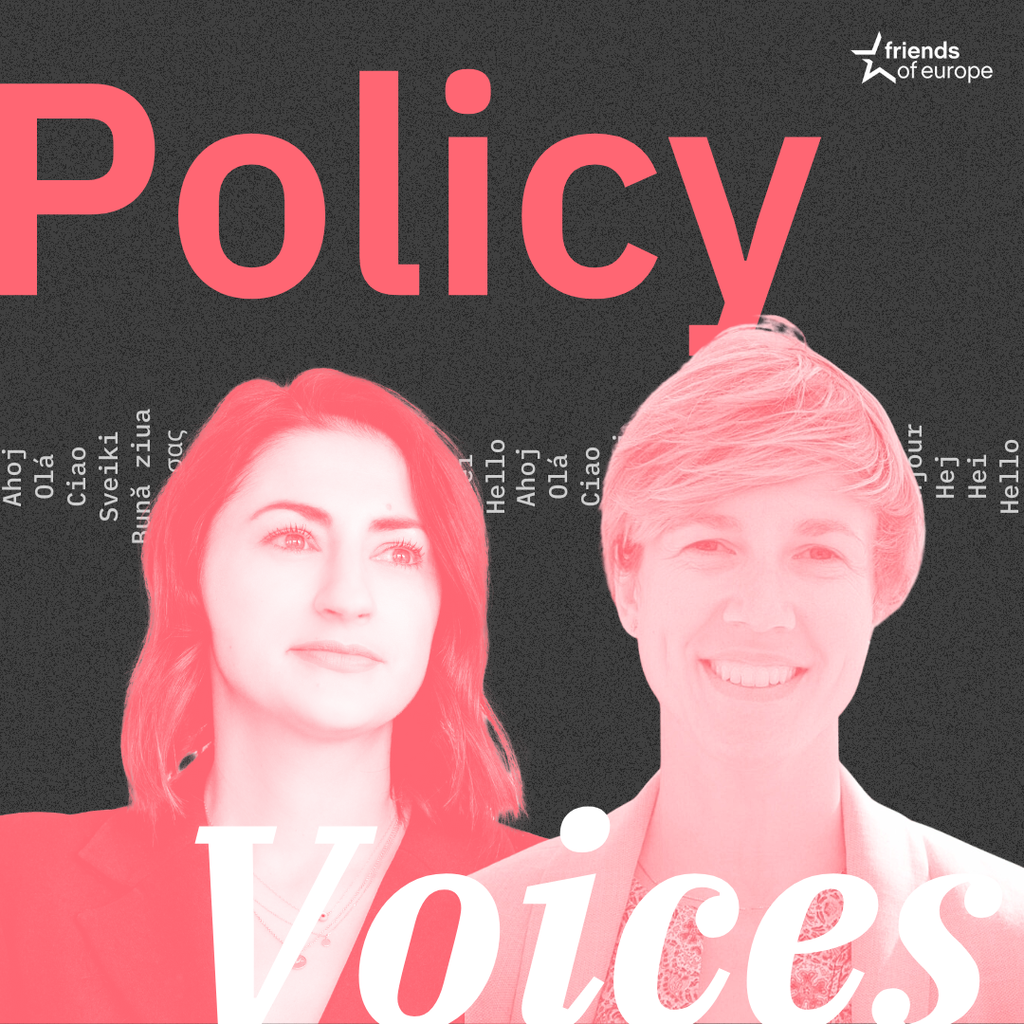A bold vision for a climate-neutral and competitive Europe
Next event In person & livestreamed

- Area of Expertise
- Climate, Energy & Natural Resources
Climate, Energy & Natural Resources

Founder of Friends of Europe
Giles Merritt urges EU leadership of a far-sighted global strategy to address imminent famine threats and long-term food shortages.
Famine in Afghanistan is looking unavoidable, with a high proportion of the country’s 39 million people at risk of starvation. In other highly stressed regions around the world, climate change and the impact of the Covid pandemic are aggravating famine fears. Top of the hit list are Ethiopia, Madagascar, South Sudan, Syria, and Yemen.
What should the European Union and other major international actors be doing, not only about immediate crises but also longer-term threats? The EU’s protectionist farm trade stance has long jarred with its international development efforts, and the deteriorating food security picture is set to heighten this tension.
The dreadful images of suffering that famines bring to our TV screens are sure to trigger urgent calls for a re-think of how to feed the earth’s inexorably rising population. Birth rates have slowed a little, but with peak humanity due to hit 9 billion people or more by 2060, it will be hard to reconcile increased food needs with a greener environment.
The number of farms in Europe has fallen in two decades by well over a third
The European Commission has been well aware of the challenge for some time, but has made little headway towards a solution. In 2015, its Joint Research Centre published a report on global food security, warning that it is “essential for Europe to move towards a broader landscape…better policies at EU level are needed to move from food security to a food systems approach.”
Since then, the outlook both globally and in Europe has gone from bad to worse. Not just on food output and productivity but on the complex socio-economic issues that surround agriculture. Farm closures in Europe and African smallholders’ preference for city living are irreversible trends. Meanwhile, soil degradation, mono-culture farming and over-use of agro-chemicals are prompting serious concerns.
The number of farms in Europe has fallen in two decades by well over a third, hastening rural ‘desertification’ and reducing food security. “The reason we lost four million farms in the EU was a mistake in the CAP,” acknowledged EU agriculture commissioner Janusz Wojciechowski in mid-2021. “The support was too much geared to industrial farming and not enough to small and medium farms.”
Rural depopulation has gone hand-in-hand with unsustainable farming methods that the European Environmental Agency says could see crop yields fall dramatically. In southern Europe especially, it warns, wheat, corn and beet production could suffer a 50% drop by 2050.
EU countries can increase their imports, but with world prices for the most crucial foodstuffs at a ten-year high, that’s not an option for poorer nations. The UN’s World Food Programme estimates that almost a billion people don’t have enough to eat. Its Food and Agriculture Organization (FAO) reckons 30% of humanity is affected by food shortages.
This is also an opportunity for an EU that’s now in search of a stronger global role
The answer is massive improvements in agricultural productivity that new technologies could offer. The snag is that improving food output vies with water conservation; Saudi Arabia is famously an example of how generous but short-sighted subsidies for cereals production provoked a devastating water crisis.
There are presently few technological magic wands, other than improved rice and cereal strains to resist disease and raise yields, and better transport and storage methods to reduce wastage. The outlook is profoundly worrying when set against a background of population explosions that within 25 years will double Africa’s population to 2.5 billion and that of the Arab world to almost 1 billion.
Yet this is also an opportunity for an EU that’s now in search of a stronger global role. Europe’s pre-eminent position in the international trading system, its focus on development assistance for poorer countries and its ambitions to take the lead on the climate change agenda all point towards fashioning a more proactive global food strategy.
The EU’s 2023-2027 CAP subsidies are now locked in, and its ‘Farm to Fork’ strategy is aligned with its Green Deal. But these are stopgap measures in the wider scheme of things, with the World Wide Fund for Nature (WWF) stating “the EU food system is currently not sustainable, and major changes are needed in how we produce, trade and consume food.”
The case for combining such reforms with leadership of a global food policy re-thinkis indisputable. Less clear is the EU’s political will.
You may also like…
Next event In person & livestreamed

Past event In person & livestreamed

Past event In person & livestreamed

Past event In person & Livestreamed





Stay informed
We use cookies and similar technologies to adjust your preferences, analyze traffic and measure the effectiveness of our campaigns. Learn more about our privacy policy.